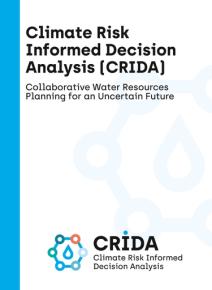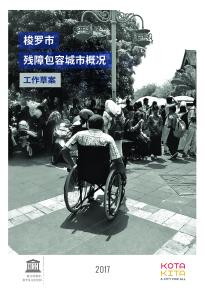Publication
Mapping research and innovation in the Republic of Rwanda

The Global Observatory of Science, Technology and Innovation Policy Instruments (GO-SPIN) series of country profiles is designed to expose – through the rigorous application of an assessment lens—usable insights about science, technology, engineering and innovation (SETI) policies and their context. This is meant to encourage choices that can help focus SETI efforts toward shared national goals: to harness research and innovation so as to eradicate poverty and achieve sustainable development.
In 2000, following the harrowing disruptions of the war and Genocide (c. 1994), through Rwanda Vision 2020 SETI became a cross cutting pillar to achieve a knowledge economy by 2020. The country has made big strides in becoming very business-friendly. The Human Development Index has progressed increasing its value from 0.23 (1995) to 0.506 (2013). Nevertheless, are policies–particularly those affecting SETI—going to bring about the transformation?
The present study shows that while aspects of the base of the economy and the education system are changing with time, there is room for sharpened efforts. In the last two years, several institutional reforms took place to speed up the generation of knowledge and innovation. There is clearly a wide margin of manoeuvre for SETI to add value in productive sectors: value-addition across all sectors remains low, Rwanda is a net exporter of raw materials, and indigenous knowledge—which as yet may have its own contribution—is not yet efficiently managed.
In 2014, the Government of Rwanda appealed for UNESCO’s assistance in preparing an evidence-based policy analysis of its unique situation. Mapping Research and Innovation in the Republic of Rwanda is the result. The present profile has been produced within the Global Observatory of Science, Technology and Innovation Policy Instruments (GOSPIN), a UNESCO initiative which stresses the importance of having a wide range of policy instruments to ensure effective policy implementation, although this is not yet the case in Rwanda. GOSPIN is applying a new methodology to mapping research and innovation at country level, in order to inform reform processes and improve monitoring of national innovation systems.









